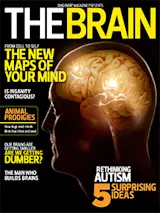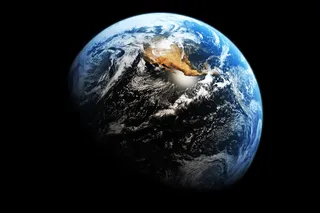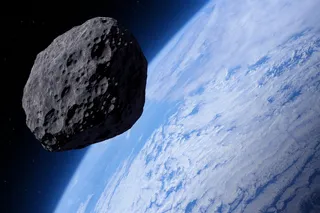Michal Szymanski / Shutterstock
The great philosopher Immanuel Kant believed that nothing matters more to our existence than space. Every experience we have—from the thoughts in our heads to the stars we see wheeling through the sky—makes sense only if we can assign it a location. “We never can imagine or make a representation to ourselves of the non-existence of space,” he wrote in 1781.
Try it yourself: A world without space just does not seem to make sense. But for some people it is everyday life. Strokes can rob us of space. So can brain injuries and tumors. In 1941 neurologists Andrew Paterson and O. L. Zangwill, working in Edinburgh, Scotland, published an account of a 34-year-old patient who had been hit in the head by a mortar fragment. The injury wiped out his sense of the left half of his world. Paterson and Zangwill described how the man ...














